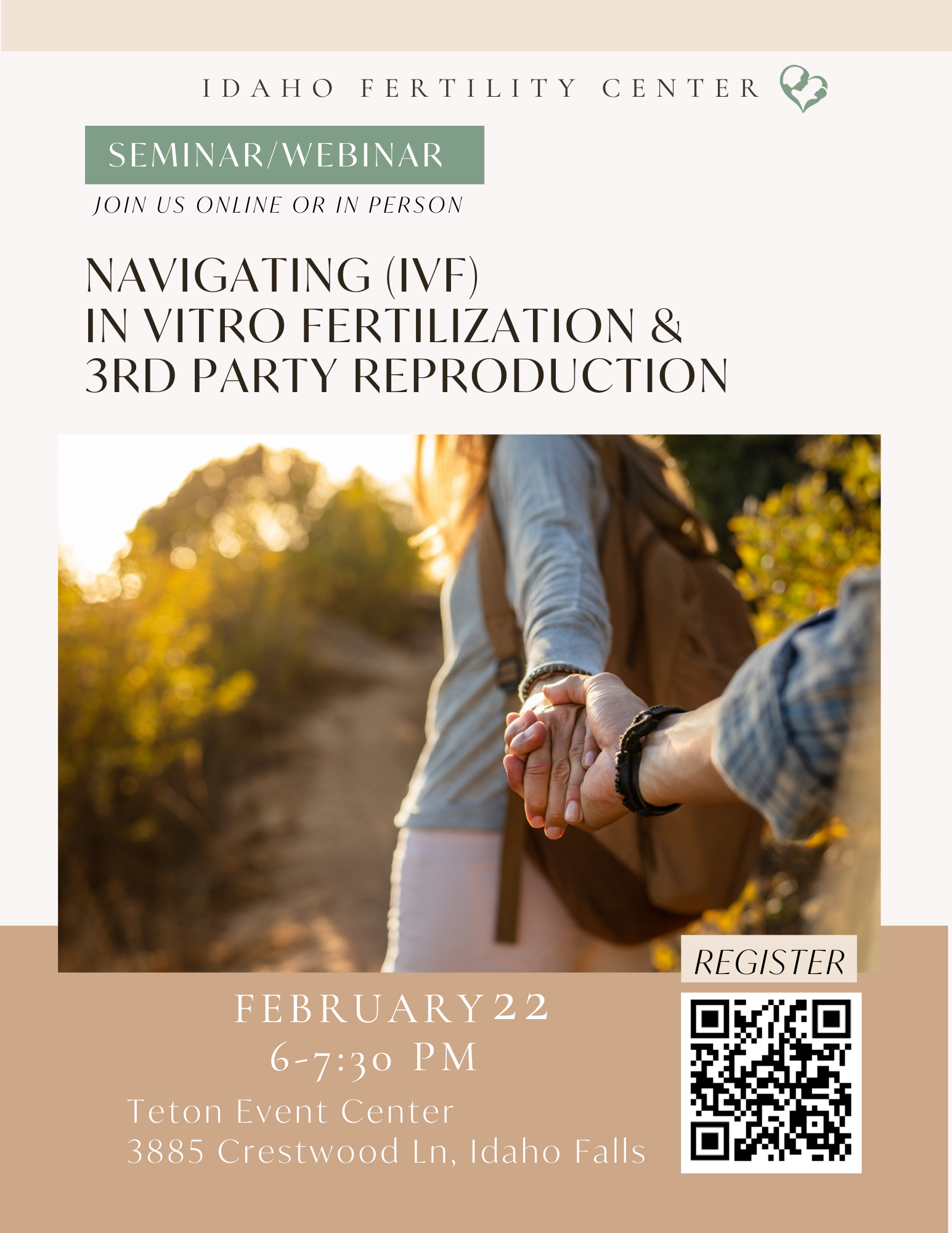
For women looking to conceive, there are things you should be aware of that might help or hinder your odds of pregnancy, even if you are in the most fertile phase of your life. Unlike your male counterpart, you are born with a set amount of eggs, and you may inherit fewer eggs than normal, or have a propensity to release your eggs faster than the average woman. By now you probably already know that even moderate smoking, exposure to secondhand smoke or consuming alcohol can impact your chances of conception. But did you know there are other things that can affect your fertility?
Age – most women know that hitting menopause (usually in the 40’s & 50’s), causes you to stop ovulating which prevents pregnancy. But that’s not the only time you might experience a lowered egg count and irregular ovulation. Perimenopause, which may occur about ten years or so before menopause, also reduces fertility. In fact, doctors concede that it is often harder for women to conceive after age 35. Even the age which your mother entered menopause, whether she hit it early or later than is typical, can increase your odds of entering it similarly. Bottom line is, if your goal is to conceive and you are approaching 35, it’s a good idea to see a specialist sooner rather than waiting.
Weight – if you are overweight, this can affect your body’s ability to produce hormones and your ovarian function. Excess body weight can result in a low ovarian function, and if you were overweight by the time you were 18, you are more vulnerable to polycystic ovary syndrome (or PCOS). This hormonal disorder is the number one cause of infertility in women in the childbearing years. Conversely, being underweight can also lead to infertility. If you have a low body mass index (BMI) – a measurement of body fat that takes your weight and height into consideration, you may have a lowered amount of the hormone leptin, and low leptin levels make you more susceptible to missing menstrual periods. Your goal should be to maintain a normal, healthy BMI which raises your odds of conception. However, you want to avoid extreme exercise. Conception can become a problem if you exercise strenuously more than five hours a week and are noticing that you have a diminished period flow or a short menstrual cycle.
Environment – when it comes to your environment, the chemicals your body is exposed to regularly can lessen your ability to conceive. There are 15 chemicals which are related to early onset of menopause. This is particularly impactful if you are exposed to endocrine-interrupting chemicals daily from multiple sources over time. Watch out for older products containing PCB’s which are now banned, thankfully. But you can still ingest PCB’s from eating fish, meat, and dairy, so choose antibiotic and hormone-free where possible. Other environmental hazards are pesticides (if you can grow your own produce or buy organic, the better), and phthalates. Phthalates are plastics that are often found in your products such as shampoo, body wash, lotion, nail polish, perfume, candles, and air fresheners. If you burn a lot of candles you can avoid phthalates by sticking to soy candles, beeswax candles, or soy candles with wicks that are lead-free. For your personal care products, look for those that labeled “phthalate-free”. Phthalates are also released into your food when you are microwaving it in plastic containers that aren’t labeled “phthalate-free”. Better still heat up your food in glass containers.
The bottom line is, if you are looking to conceive, it is important to be aware of the ways you can increase your body’s fertility factor across the board. To help you, we welcome you to contact our team of specialists sooner rather than later if you are considering embarking on this life-changing journey.




